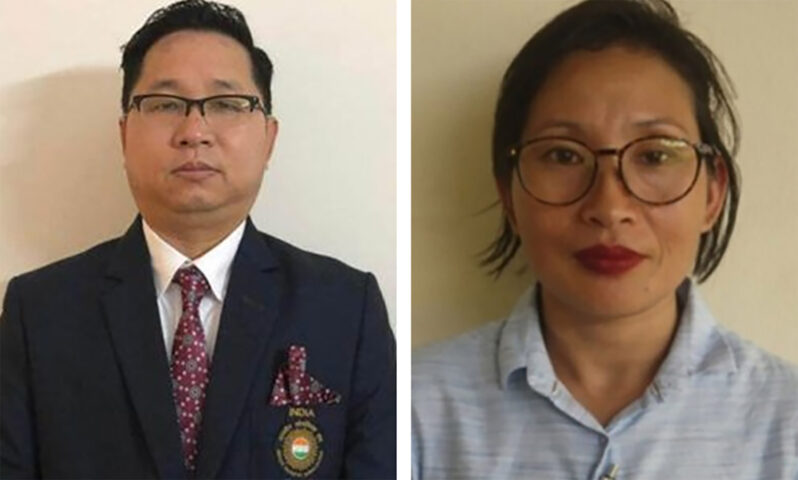NAHARLAGUN, Oct 16: A workshop on ‘Cultural Competency for Healthcare Providers’ was conducted for around 100 MBBS students of Tomo Riba Institute of Health and Medical Sciences (TRIHMS) here on Wednesday.
It was organized by Piramal Foundation’s Cultural Resource Group of Tribal Health Collaborative (THC) in collaboration with Arunachal Institute of Tribal Studies-ICMR project team of Rajiv Gandhi University (RGU) and Ngunuk Foundation.
The initiative aims at building an inclusive and culturally sensitive healthcare environment that respects the traditional knowledge and beliefs of tribal communities.
THC programme manager Dr. Kaling Dabi, in his address, stressed that culture is a critical social determinant of health and effective healthcare delivery requires a deep understanding and respect for patients’ cultural backgrounds, particularly in tribal and marginalized communities. This approach, he noted, would help build trust and improves health outcomes.
The project team highlighted the inherent socio-cultural biases and misconceptions regarding mental health and gender diversities. Such awareness among health professionals would help mitigate the biases and provide more effective services to patients and larger communities around them.
A documentary titled – Those Songs and Lullabies I Used to Sing -, directed by Ngunuk Foundation co-founder Dr. Kombong Darang and produced by RGU Centre for Endangered Languages was also screened. The NGO Ngunuk Foundation is dedicated to empower communities through ownership, focuses on promotion, preservation and documentation of tribal cultures in NE India.
The workshop covered topics, including impacts of cultural beliefs on health behaviors, effective communication with culturally diverse patients and role of cultural literacy in reducing healthcare disparities. This workshop was part of THC’s larger initiative to create a culturally competent healthcare workforce, particularly for indigenous communities across India, according to a TRIHMS release.

